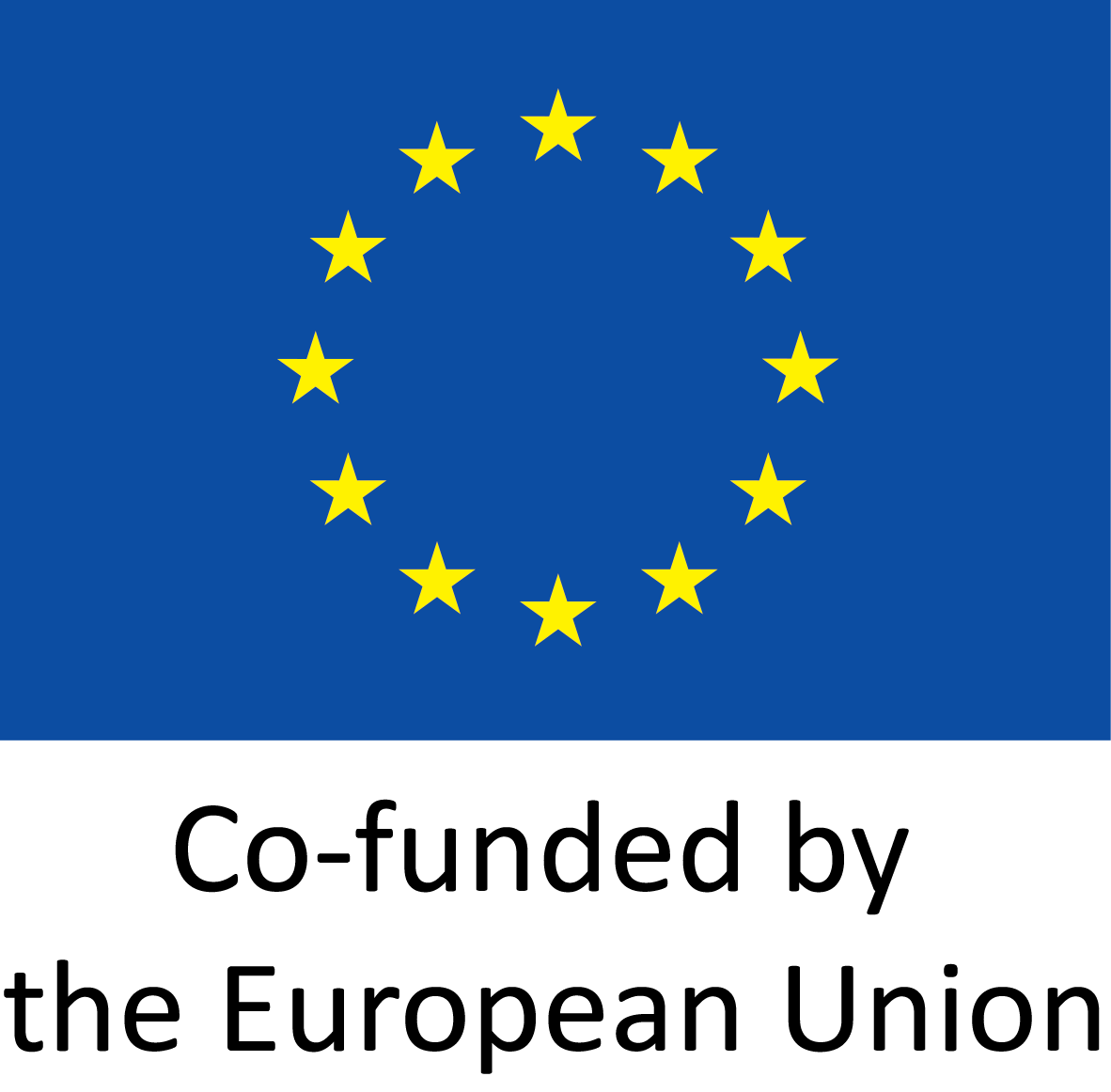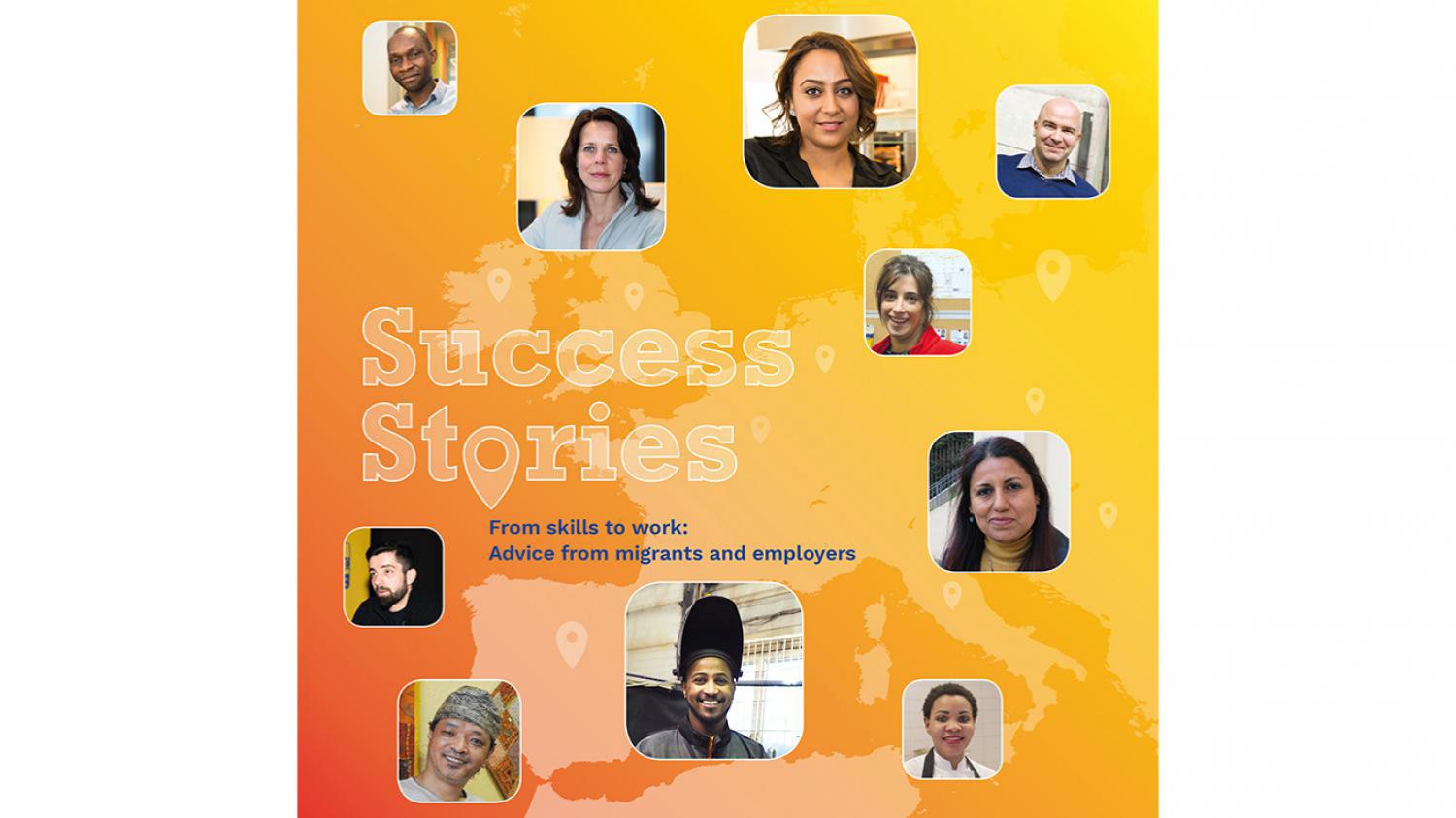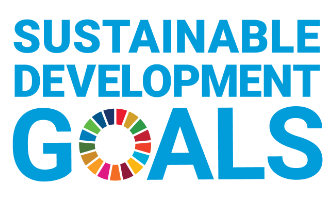Refugees, as do other migrants, bring with them a wealth of experiences, skills and talents that make them very valuable to European labour markets.
However, capitalizing on these skills and talents is often challenged by a lack of adequate procedures to recognize and validate existing skills, possibly leading to long periods of economic inactivity or to job mismatches for migrants. Meanwhile employers continue to express concern toward the aging European population, and the challenges they face to diversify and grow their workforces. In recent years, fortunately, European Member States have taken important steps toward the development of comprehensive systems for the validation of formal,non-formal and informal prior learning. Start-ups, digital applications and mentoring programmes have also contributed through innovative solutions, as have initiatives designed and implemented by refugees and employers themselves.
The Skills2Work project has identified many of these good practices within nine European Member States. Now we must take action to ensure their further promotion by disseminating the experiences of employers and migrants who have successfully navigated local labour markets. This booklet presents a sample of the success stories collected within the framework of the Skills2Work project to highlight the mutually beneficial relationship between refugees and employers in European Member States. Each person featured here has a story to tell about achievements, but also about personal challenges, about adjusting expectations and about compassion. Yet all stories have something in common: they promote the talents that refugees offer to our labour markets.
Download the Succes Stories here
Details of the Skills2Work project
The Skills2Work project contributed to early and successful labour market integration of refugees within the European Union by improving access to information and services relating to skills recognition, skills validation and skills-based job matching for refugees and employers.
Project activities included a regional mapping exercise and the identification of good practices in nine European Union Member States.
 The project was co-funded by the European Union and managed by the International Organization for Migration in the Netherlands.
The project was co-funded by the European Union and managed by the International Organization for Migration in the Netherlands.
Activities were implemented during the years 2016 and 2017 in Belgium, Hungary, Ireland, Italy, the Netherlands, Slovakia, Slovenia, Spain and the United Kingdom.
Project partners included the Ministry of Employment and Social Security (ES), Menedék (HU), Leone Moressa Foundation (IT), Ministry for Employment and Social Policies, Directorate-General for Immigration and Integration Policies (IT), the African Young Professional Network (NL), the Central Agency for the Reception of Asylum Seekers (NL) the Foundation for Refugee Students UAF (NL), Radboud University Nijmegen (NL), the Ministry of Interior (SK), Pontis Foundation (SK), Društvo Odnos (SL).




